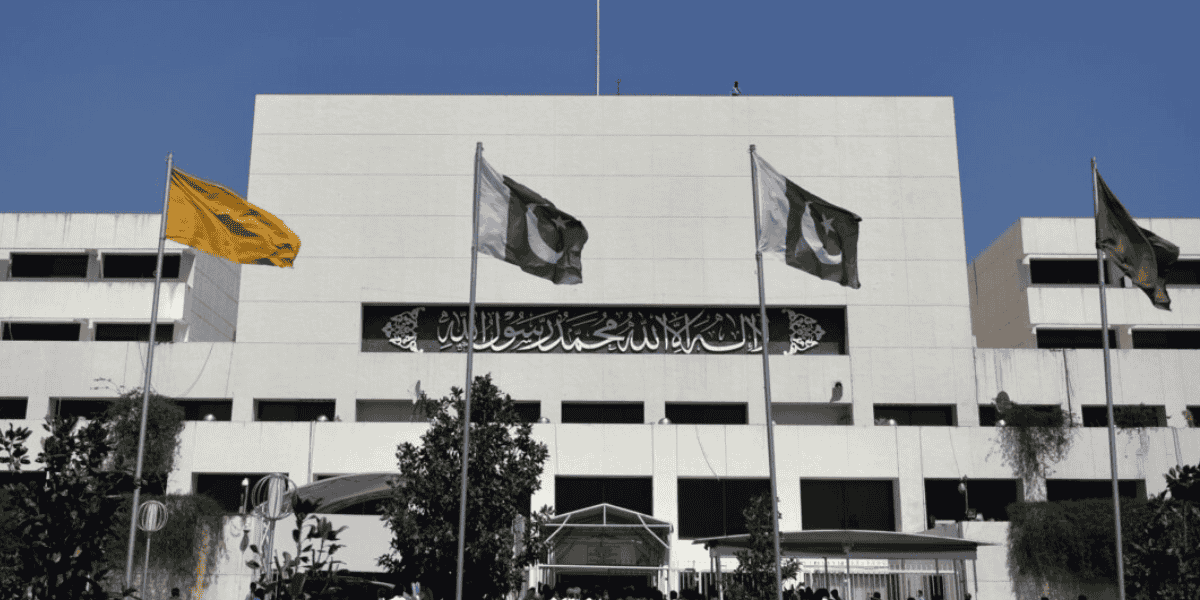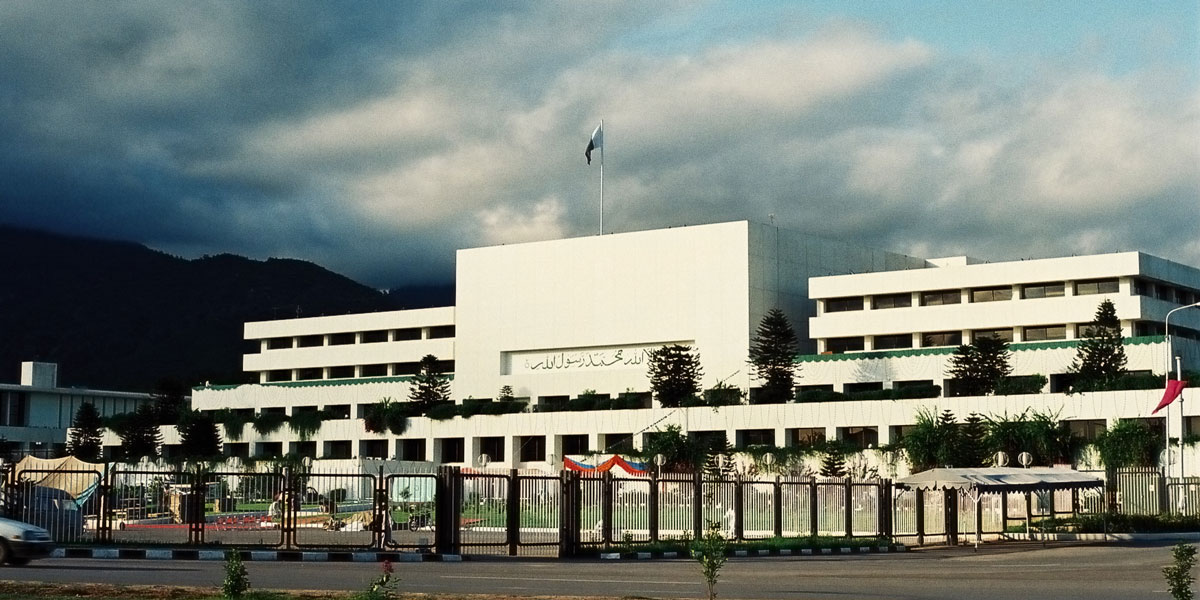Following consultations with Pakistan under Article IV of its articles of agreement the IMF published a report and a selected issues paper on 12 January 2016. One of the matters examined in the issues paper is how to unlock Pakistan’s revenue potential by reforming the tax system.
The paper notes that the ratio of tax revenue to GDP was 11% in 2015, below that of comparable developing countries and well below Pakistan’s potential level. The tax system is fragmented and does not promote fairness or efficiency. Indirect taxes bring in the most tax revenue, accounting for around 63% of federal tax revenue, and the use of tax concessions and exemptions results in distortions and an unfair regime.
The study suggests that tax reforms at both federal and provincial level can increase government revenue. Efforts should be made to broaden the tax base, to strengthen tax compliance, remove unnecessary tax incentives and reliefs and rationalize the system.
The effectiveness of the tax administration must be improved at federal and provincial levels by reorganization according to functions. The tax administration needs to be modernized, with integration of databases and information technology and the use of a tax identity number for all financial and immovable property transactions. This could help to solve the potential problem from taxpayers using remittance transfers to evade tax.
The IMF issues paper suggests that the federal and provincial tax administrations should implement a risk based system of tax audits that looks at the risks of taxpayer non-compliance. Penalties for tax fraud should be increased and tax evasion should become a criminal offense. Initially the efforts to combat tax evasion should examine high wealth individuals and the entities controlled by them. The Ministry of Finance should set up a tax policy research and analysis unit (outside the Federal Board of Revenue) to improve revenue forecasts and increase the quality of tax policy making.
The IMF comments that the tax exempt income threshold for personal tax is set at a level that is around four times per capital income and this means that a significant proportion of employed people do not pay the tax. The IMF study suggests reducing this exemption threshold and widening the tax brackets, coupled with introducing lower and more progressive tax rates and reduction of reliefs. This would remove distortions in the system and increase the fairness of the tax system in addition to collecting more tax.
The tax regime for capital gains could be strengthened by adopting a common rate schedule for all financial assets and eliminating the exemptions for transactions in real estate.
For the corporate income tax regime simplification of the system and reduction of tax concessions is necessary to allow room for lower tax rates and higher revenue collection. Rationalization of this tax would help to improve Pakistan’s international competitiveness.
Taxation of agriculture could be improved by introducing presumptive taxes on turnover and land-based tax rates that would depend on the productivity characteristics of the agricultural land (on a progressive scale). There could be a threshold to protect low income farm households. Recurrent property taxes could be modernized by setting up a central fiscal cadastral registry and a central valuation agency adopting a market based valuation methodology.
For indirect taxes the GST collection system could be integrated with a single statutory rate and one collection agent. The paper considers that tax exemptions, zero ratings and special schemes for GST should be removed. Excise taxes should be based on ad valorem rates to increase the revenue yield.














